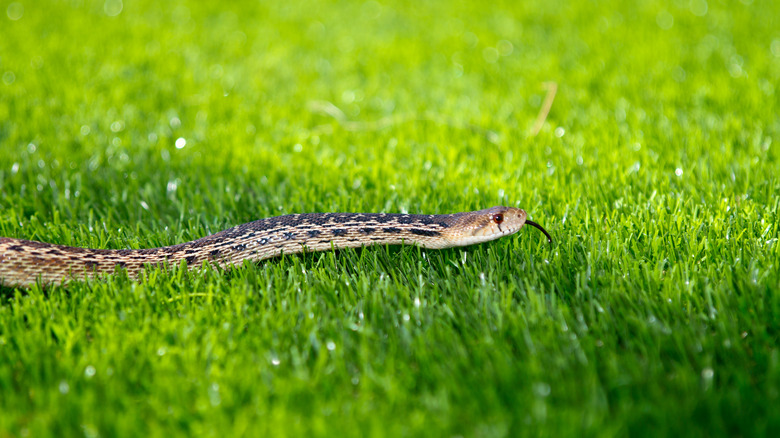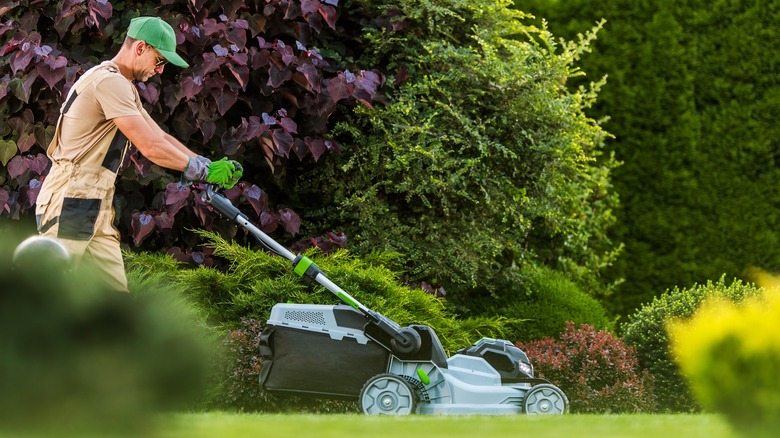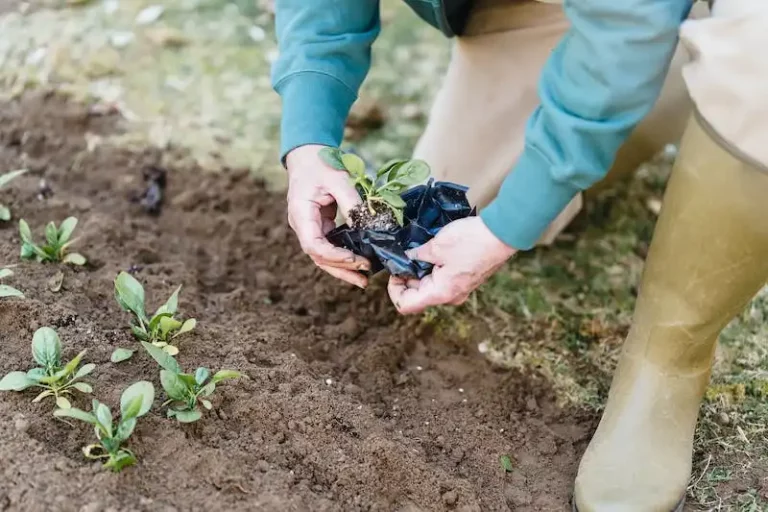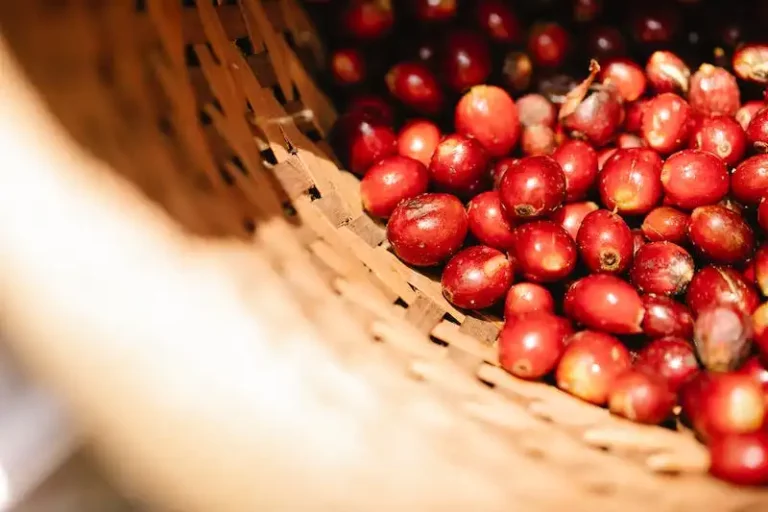The slithering movement and unpredictable behavior of snakes (and the thought of them being in your garden) can be unnerving. Amid these conflicting feelings, the idea of planting lavender to be used as a snake repellent becomes intriguing. Lavender is said to be effective as a bug repellent thanks to its high concentration of linalool, which interferes with the insects’ olfactory receptors, making it a less-than-ideal landing spot for them. These compounds are known to repel various other insects, from mosquitoes to moths. In that sense, planting lavender might contribute to a more pleasant and bug-free garden experience. However, while the scent and essential oils may be unattractive to certain animals, no conclusive research supports their effectiveness against snakes. This distinction is vital. If your primary motivation for planting lavender is to fend off snakes, you should approach this strategy cautiously and not rely solely on anecdotal evidence.
On top of this, growing lavender demands a certain level of expertise and commitment. The plant’s need for specific growing conditions could make it a somewhat high-maintenance addition to your garden. It loves well-drained soil and plenty of sunlight (at least 6 hours), and it will need your attention to thrive. You also have to consider the variety of lavender you choose, as some are more tolerant of various climate conditions than others. Be ready for a consistent level of engagement in its upkeep. Failure to meet these conditions can result in a less-than-healthy plant.
Why marigold is a better snake repellent

While lavender’s blend of compounds remains a bit of a mystery in its effects on snakes, marigolds offer something far more definitive. With marigolds, the active compound of interest is pyrethrum, a mainstay in commercial insect repellents. This ingredient has already proven its mettle, but marigolds offer an additional twist: pyrethroids. Think of pyrethroids as the tailored suit of the insect-repelling world — same great style, just a better fit for particular needs, like repelling reptiles.
Here’s why this nuance is so crucial. Pyrethroids are more than just a minor annoyance to snakes; they present a downright health risk and can lead to respiratory distress, particularly in brown tree snakes. The plant creates an environment where the snake can’t breathe easily. This transforms your garden from a potential snake habitat to a no-go zone for these reptiles.
But it’s not just about keeping snakes away. Marigolds offer additional benefits, making them a popular choice for gardeners. These flowers are strong-smelling and visually stunning, providing both sensory and aesthetic appeal. This dual-purpose function makes marigolds an excellent choice for anyone looking to balance a beautiful garden with a snake-free zone. Moreover, these plants are effective against a wide variety of garden intruders, not just snakes. Whether you’re dealing with smaller pests like aphids or larger critters, marigolds have got you covered. So, to sum it up, while the jury’s still out on lavender’s ability to repel snakes, marigolds come in as a comprehensive, scientifically-backed solution.
Other ways to keep snakes out of your garden

If you want to keep snakes away, diversification is key. You can create a multi-layered barrier with various plants that could offer better efficacy than relying on a single species like lavender. Choose unappealing plants to rodents and slugs to cut down on the critters that snakes like to eat. Another tip is to minimize the food sources that attract them in the first place. Familiarize yourself with the snake species common to your area and tailor your plant selection accordingly. Additionally, focus on the health of your garden. Plants that are well-adapted to your local soil and climate conditions are more likely to thrive, increasing their repellent properties.
While using plants as natural repellents can be an appealing approach, it shouldn’t be your only line of defense. Regular garden maintenance plays a crucial role. Keep the lawn mowed, trim overhanging branches, and remove piles of leaves or debris where snakes might hide. Some people also use snake-repellent granules or sprays, although their effectiveness varies. Physical barriers like snake-proof fences can be quite effective but come with a price tag. All in all, an integrated approach, combining plants, maintenance, and perhaps even commercial products, will likely be your most effective strategy for keeping snakes out of your garden.



